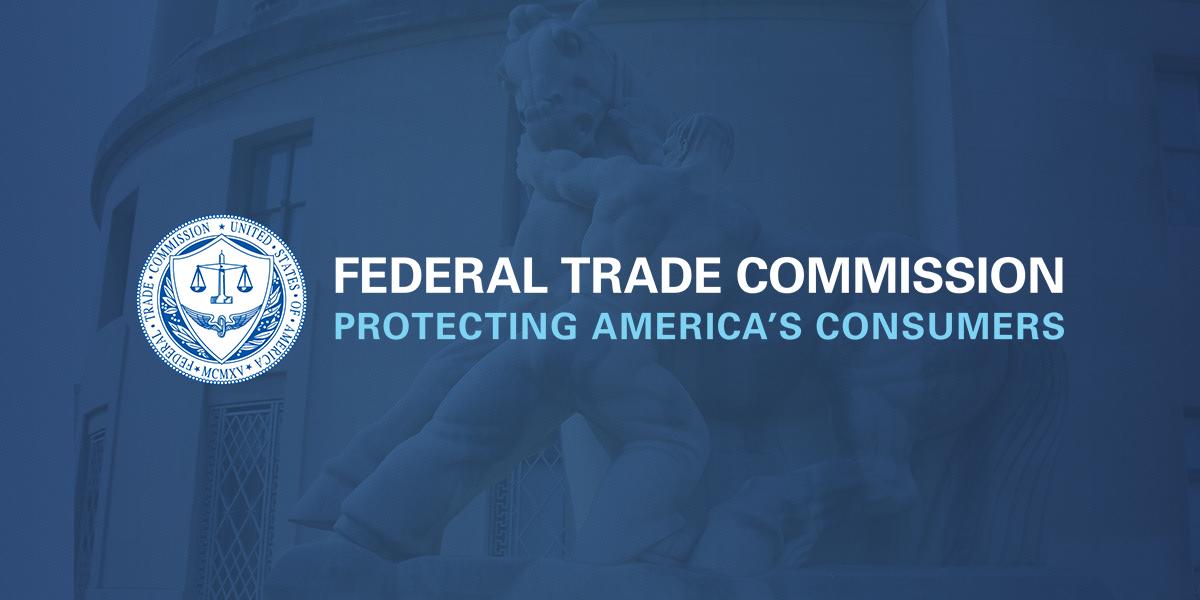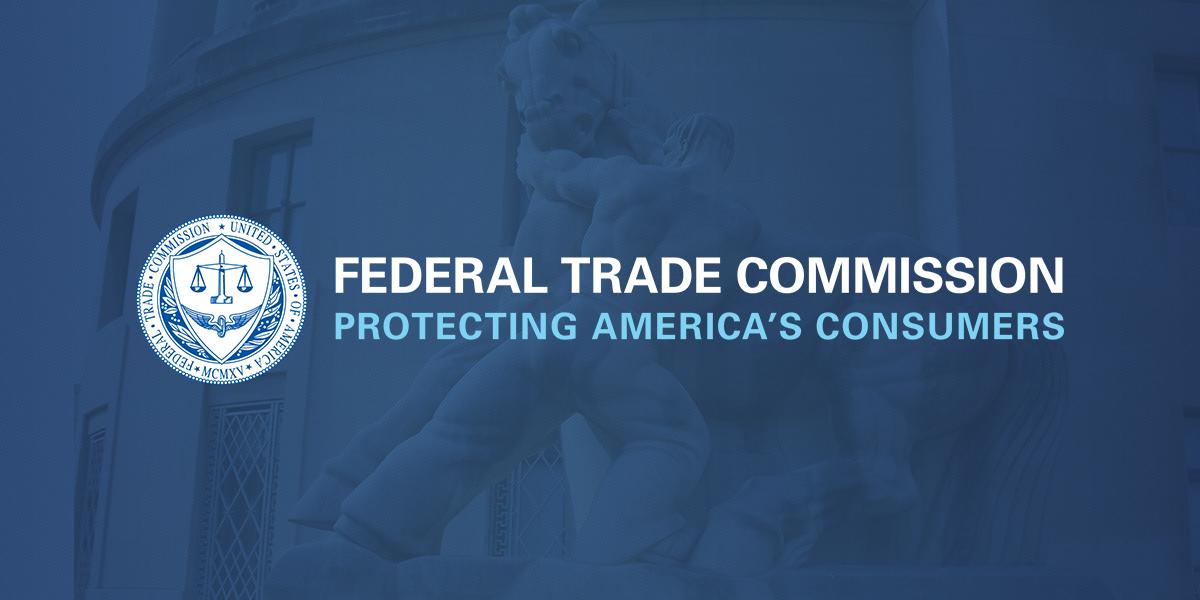FTC, DOJ, and International Enforcers Issue Joint Statement on AI Competition Issues

Today, FTC Chair Lina M. Khan, alongside international antitrust enforcers and the Department of Justice, Antitrust Division, issued a statement affirming a commitment to protecting competition across the artificial intelligence (AI) ecosystem to ensure effective competition that provides fair and honest treatment for both consumers and businesses.
Jonathan Kanter, Assistant Attorney General with the U.S. Department of Justice; Sarah Cardell, Chief Executive Officer of the U.K. Competition and Markets Authority; and Margrethe Vestager, Executive Vice-President and Competition Commissioner for the European Commission, joined Chair Khan in the joint statement outlining AI competition risks, as well as principles that can help protect competition in the AI ecosystem.
The joint statement notes that while AI has the potential to become one of the most significant technological developments of the past couple of decades, it also raises competition risks that may prevent the full benefits of AI from being realized. All four antitrust enforcers pledged in the joint statement to remain vigilant for potential competition issues and expressed their determination to use available powers to safeguard against tactics that would undermine fair competition or lead to unfair or deceptive practices in the AI ecosystem.
To assess competition risks to AI, the joint statement stressed the importance of focusing on how emerging AI business models drive incentives, and ultimately behavior. Competition questions in AI will be fact-specific but several common principles—fair dealing, interoperability, and choice—will generally help enable competition and foster innovation, as outlined in the joint statement. While potential harms may be felt across borders, the joint statement makes it clear that U.S. decision-making will always remain independent and sovereign. The FTC along with DOJ and CMA also have a consumer protection mission and noted the need to continue to monitor potential harms to consumers that may stem from the use and application of AI.
What's Your Reaction?
 Like
0
Like
0
 Dislike
0
Dislike
0
 Love
0
Love
0
 Funny
0
Funny
0
 Angry
0
Angry
0
 Sad
0
Sad
0
 Wow
0
Wow
0







